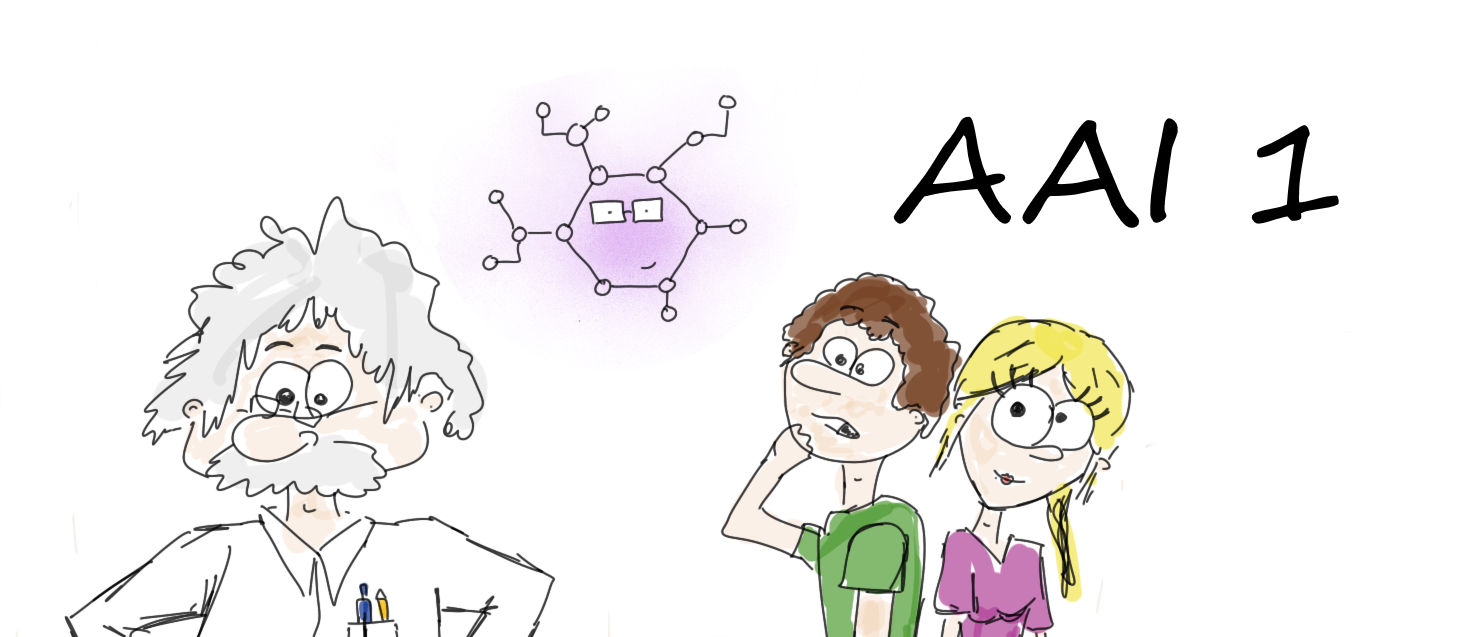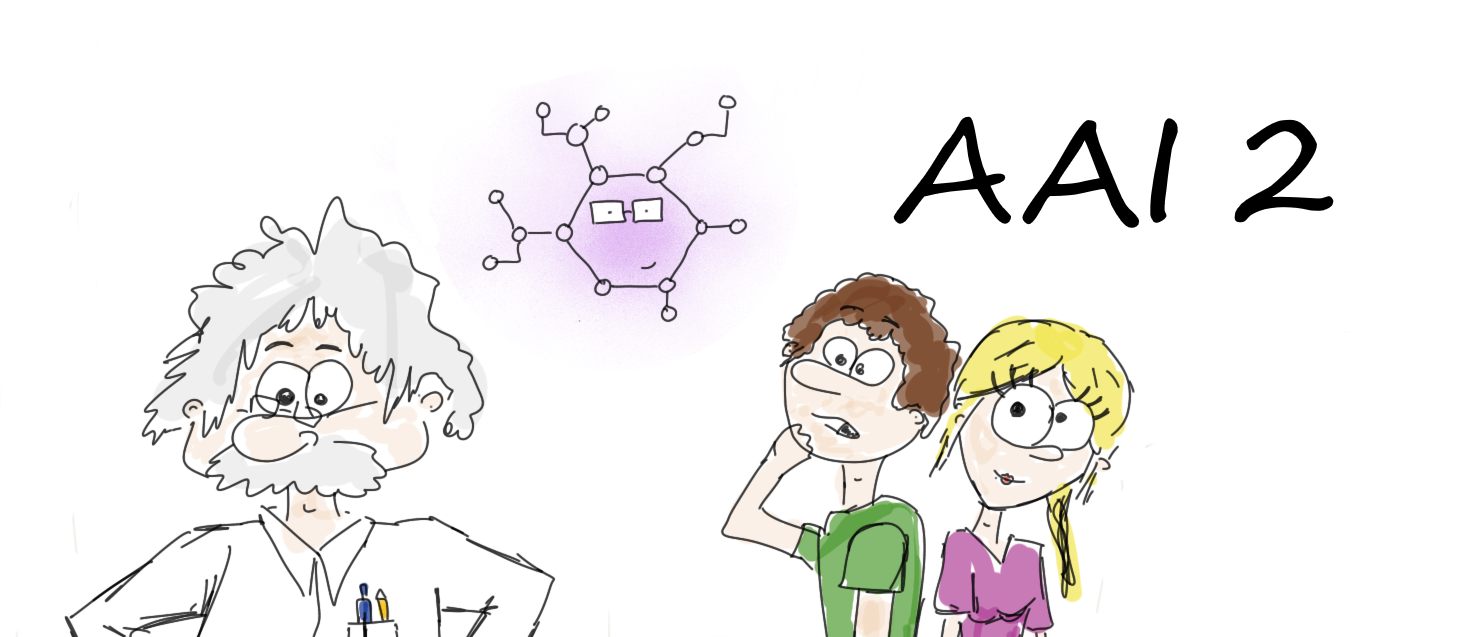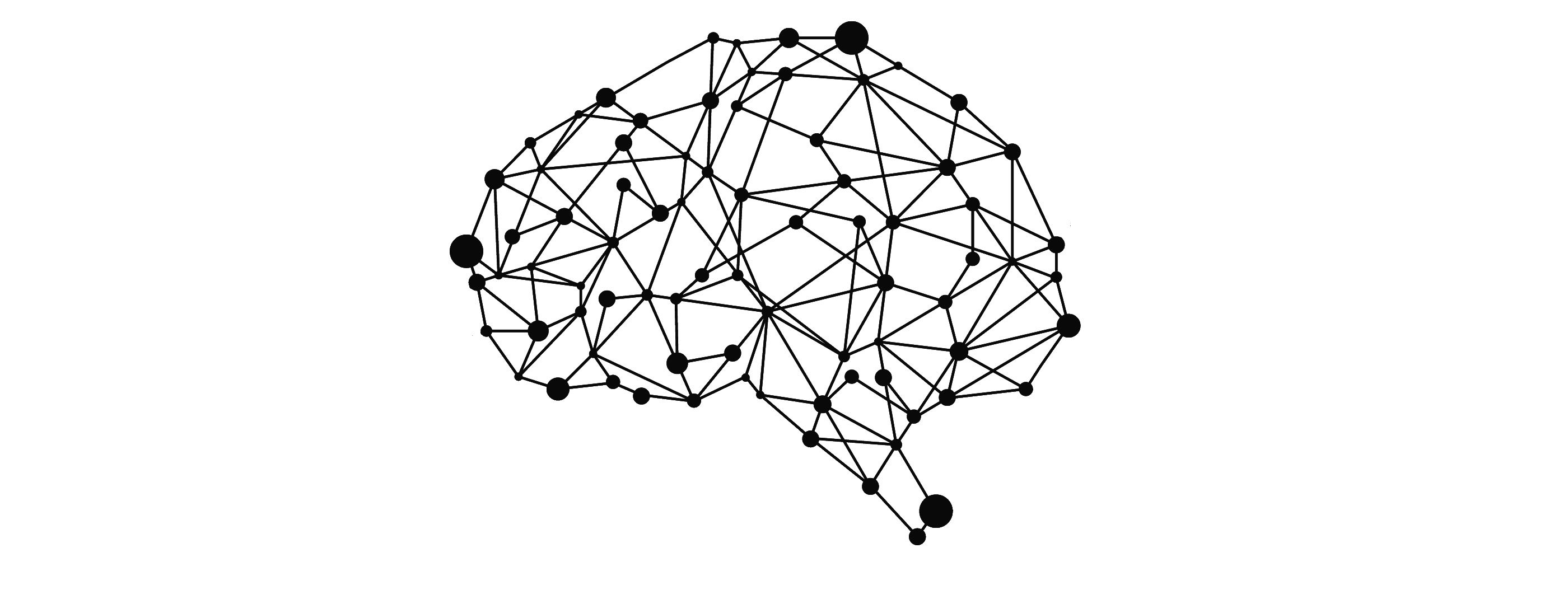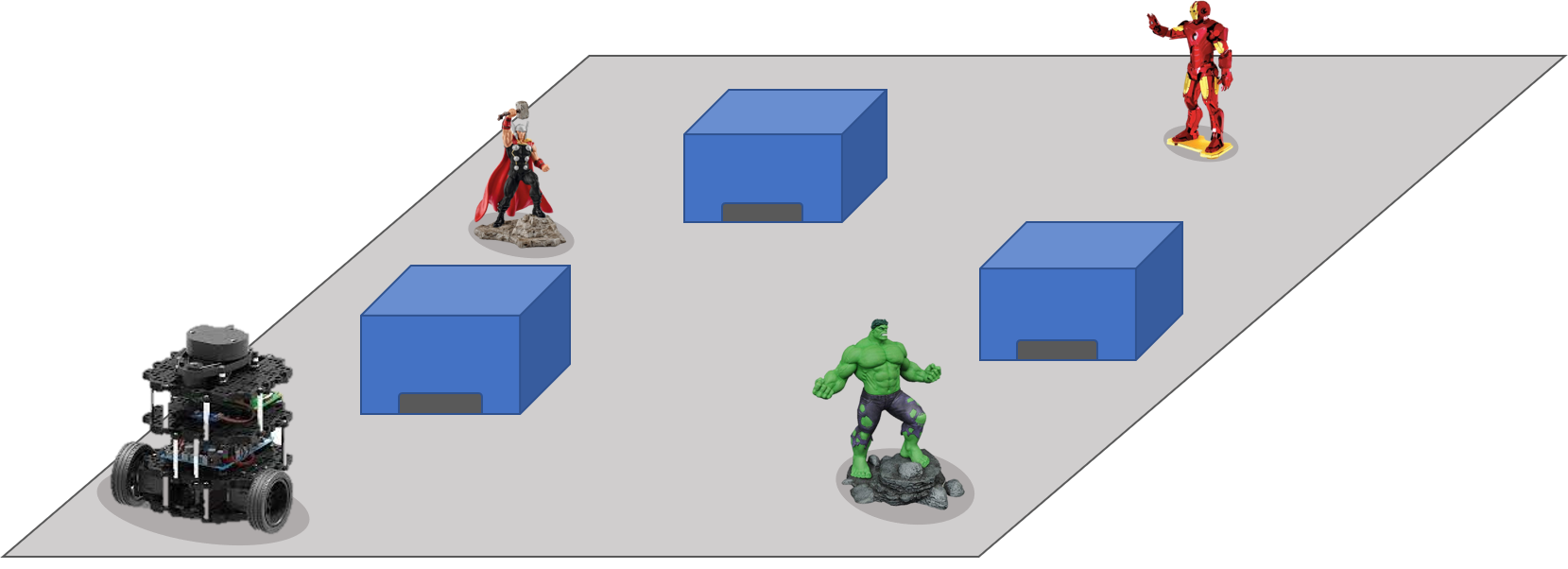Allgemeine Informationen rund um die Kurse von Prof. Dr. T. Schön
- Dozent/in: Torsten Schön

In this learning module, basic algorithms of artificial intelligence and their applications are explained. Students will learn the basic principles of machine learning using methods from supervised, unsupervised and reinforcement learning. The module will illustrate the fundamental ideas of learning patterns from data and how to use these models for predicting unseen data. Further, the theoretical knowledge will be applied to reals world problems in practical exercises. After successfully attending this module, students know and understand the basic principles of learning systems and their applications to real world problems. They know
- the general idea of learning from data by optimizing
- different methods to learn from data: Supervised, Unsupervised and Reinforcement Learning
- the mathematical basis and the most important algorithms to train machine learning models on their own
- Neural Networks and the building blocks of deep learning as well as how to apply them to solve real world problems
- how to construct and monitor a machine learning training procedure
- how to evaluate and validate machine learning models using different loss functions
- the basic pitfalls and problems when training models and how to solve them efficiently
- Dozent/in: Torsten Schön
- Mitdozierende/r: Dominik Rößle

In this module, students learn to use more advanced algorithms of artificial intelligence and their applications on structures, unstructured and temporal data. The basic idea and mathematical backgrounds of neural networks are introduced. Students learn how to train simple neural networks to learn patterns from data for regression and classification tasks. Further, Deep Learning and its most common architectures are introduced, including Convolutions and recurrent connections. Students learn how to effectively train deep learning networks by choosing optimal hyperparameters and how to avoid overfitting. Thus, methods like Regularization and Dropout are explained. The goal of this module is further to introduce unsupervised learning to the students, as well as its application to solve clustering problems. The application of unsupervised learning in combination with neural networks is illustrated by introducing autoencoders. In addition, it is shown how to use unsupervised learning methods to reduce the dimensionality of datasets using feature selection and PCA techniques. After successfully attending this module, students know:
- How to handle structured, unstructured and temporal data
- What a neural network is and how it can be trained using backpropagation
- How to use different optimizers for neural networks
- The most important deep learning architectural layers like convolutions
- How to effectively train neural networks and to avoid overfitting
- The basic principles of unsupervised learning and their applications to real world problems
- How to used features selection and PCA methods to reduce the dimensionality of datasets
- Different forms of collaborative groups work
- How to gather knowledge and share it within their learning group
- How to summarize and present the most important information of a specific topic
- Dozent/in: Dominik Rößle
- Dozent/in: Torsten Schön

- Dozent/in: Marc Aubreville
- Dozent/in: Torsten Schön

In diesem Modul lernen wir die Grundlagen moderner Bildverarbeitung mit Hilfe von Deep Learning kennen.
- Dozent/in: Torsten Schön

In diesem Modul werden Algorithmen des maschinellen Lernens und deren Anwendung auf praktische Problemstellungen vermittelt. Nach erfolgreicher Teilnahme an diesem Modul, sind Studierende in der Lage, die grundlegenden Prinzipien von lernenden Systemen zu verstehen und diese auf Problemstellungen anzuwenden.
Sie kennen insbesondere:
- unterschiedliche Methoden aus Daten zu lernen
- die mathematischen Grundlagen und die wichtigsten Algorithmen um Machine Learning Modelle selbstständig zu trainieren
- die verschiedenen Bauteile von Deep Learning Netzwerken und wie diese auf praktische Problemstellungen anzuwenden sind, z.B. für Computer Vision oder Sprachverstehen
- wie man Machine Learning Modellen evaluiert und validiert
- die häufigsten Fehler beim Training von Modellen und wie man diese Effizienz löst
- Dozent/in: Torsten Schön

In this course, we will learn the basic principles of programming using the Python programming language and apply the theoretical knowledge to implement different coding tasks in the practical sessions.
- Dozent/in: Torsten Schön
- Mitdozierende/r: Dominik Rößle

- Dozent/in: Torsten Schön
Weitere Kurse
- Dozent/in: Martin Ebert
- Dozent/in: Christian Pfitzner
- Dozent/in: Torsten Schön